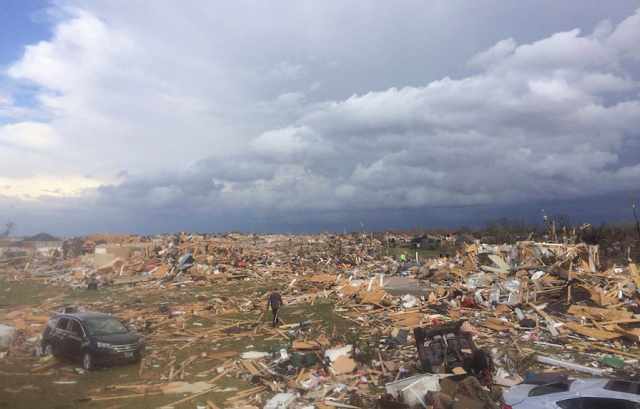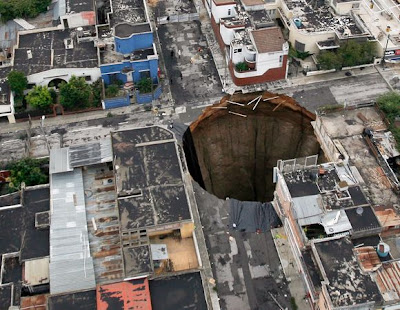A new
report pulls together the current evidence on the current and projected human impact of climate change. It’s not pleasant reading. Headline numbers: Every year climate change leaves over 300,000 people dead. This will rise to roughly half a million in 20 years. 325 million people are seriously affected, and economic losses amount to US$125 billion, more than the total of all Official Development Assistance in a given year. Four billion people are vulnerable, and 500 million people are at extreme risk. These figures represent averages based on projected trends over many years and carry a significant margin of error. The real numbers could be lower or higher.
Over nine in ten deaths attributable to climate change are related to the gradual environmental degradation it causes (principally malnutrition, diarrhoea, malaria), with the remaining deaths being linked to weather-related disasters brought about by climate change.
Developing countries bear over nine-tenths of the climate change burden: 98 percent of the seriously affected people and 99 percent of all deaths from weather-related disasters (see map), along with over 90 percent of the total economic losses. The 50 Least Developed Countries contribute less than 1 percent of global carbon emissions.
Philippines delegate Naderev (Yeb) Saño, announces his decision to go on hunger strike on the first day of the COP19 Climate Change Summit in Poland, 11 November 2013.
Making an impassioned plea for action by the conference, he said that he would be fasting in solidarity with his country-folk until action to prevent climate change is forthcoming.
Saño received a standing ovation after describing the hardship suffered by Filipino's, including members of his own family, due to the "colossal" typhoon Haiyan which recently hit his country.






